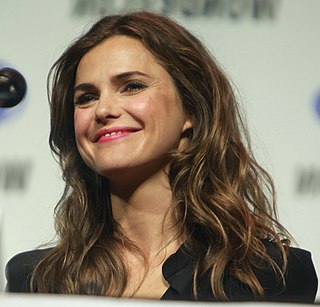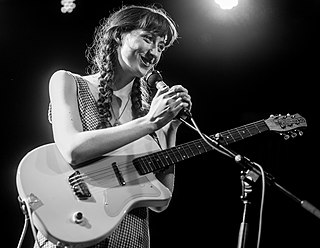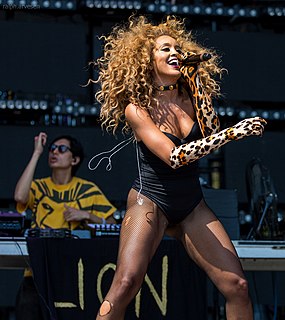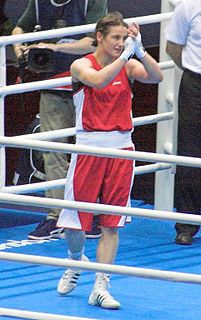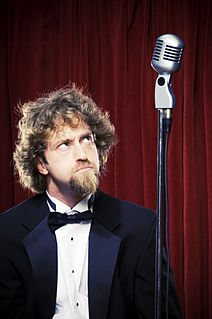A Quote by Keri Russell
I do think it [the Waitress] speaks in a positive way for women and it was surprising for me to see it for the first time as a movie all put together with music. I really liked it a lot.
Related Quotes
If I see a movie for the first time on DVD, I watch it all the way through, the lights are down, I don't pick up the phone. The third or fourth time you see a movie, sometimes you just have them on and you check in every once in a while with things that you liked. I think it's a different expectations from that environment.
The truth is the music is really an incredible personal part of the movie. When I was drawing the storyboards for Watchmen, I had just gone to my iPod and was grabbing music. It took me about two weeks to really put my playlist together. But once I had it, I kinda just put my headsets on and drew for five months. But that music's the music that's in the movie.
I think any information about any type of art form, it's always the right time. But since the last one, I could see there were many things about the culture of DJing that we don't really talk about. We don't really look at how the music is made, how it's conceptualized, how it's put together. We talk about the equipment and the software, but we don't talk about the reasons why we put the music together in the first place.
I liked the Hollywood stuff. But I also liked the fact that in both, you know, I guess in the, like, the auteur, the art film auteur at that time was Lina Wertmuller. So, you go see "Swept Away" or you go see a movie she did "Blood Feud" with Sophia Loren and Giancarlo Giannini. And I remember "Wifemistress" was a big movie at that time, really liked it, Laura Antonelli.
For some reason, my main movie, Lady Sings the Blues, to me really isn't me. I really can let go of Diana Ross when I see the movie. I'm really objective when I'm watching it. I liked that movie so much. That movie was like magic so that when I'm looking at it I'm really not seeing myself, I'm seeing the actress. I'm seeing another person, not the me of me.
My first job was as a waitress, and I waitressed for a long, long time. I was a very bad waitress. I didn't care if people had ketchup or if they were allergic to fish. It really didn't bother me either way. I didn't care. I was bad, but it was a good way to make money. And it's a fun job if you are working with fun people.
I didn't have time to deal with practicing in a way that I would have liked to. I wish I could have just said, "I've got four to five hours every day that I'm going to go deal with music." I just didn't' have that. I missed a lot of lessons, but I think that maybe was frustrating to me in a big picture sense of, I need the time and energy to put into my instrument.
My mom has kind of been more of the emotional support system. One time I was really feeling all out of it, just dealing with a lot of cooks in the kitchen and adjusting to what it means to be in the music industry, and I called her. One of the first things she said to me was 'You have to be thankful that these people even like you, no one liked me, at all, I was not really accepted for a very long time.'
I think I'm really part of a whole generational movement in a way. I think a lot of other people since and during this time have gotten interested in writing what we can still call experimental music. It's not commercial music. And it's really a concert music, but a concert music for our time. And wanting to find the audience, because we've discovered the audience is really there. Those became really clear with Einstein on the Beach.
I have no rules. For me, it's a full, full experience to make a movie. It takes a lot of time, and I want there to be a lot of stuff in it. You're looking for every shot in the movie to have resonance and want it to be something you can see a second time, and then I'd like it to be something you can see 10 years later, and it becomes a different movie, because you're a different person. So that means I want it to be deep, not in a pretentious way, but I guess I can say I am pretentious in that I pretend. I have aspirations that the movie should trigger off a lot of complex responses.
